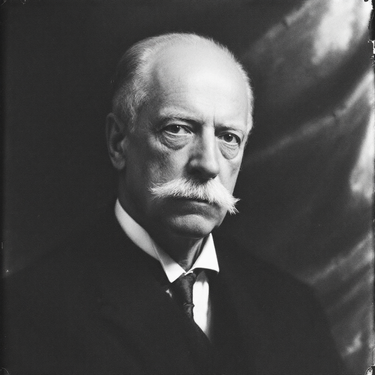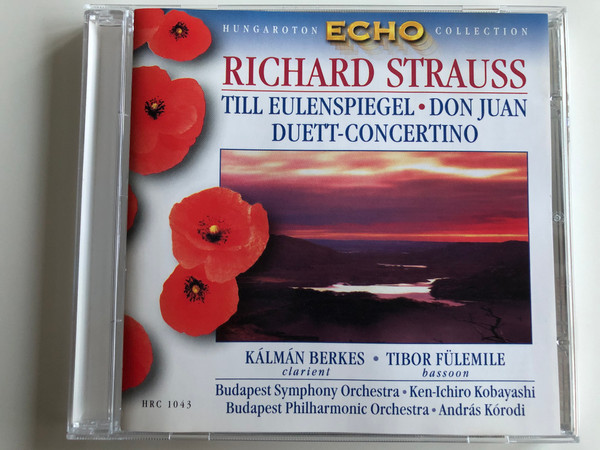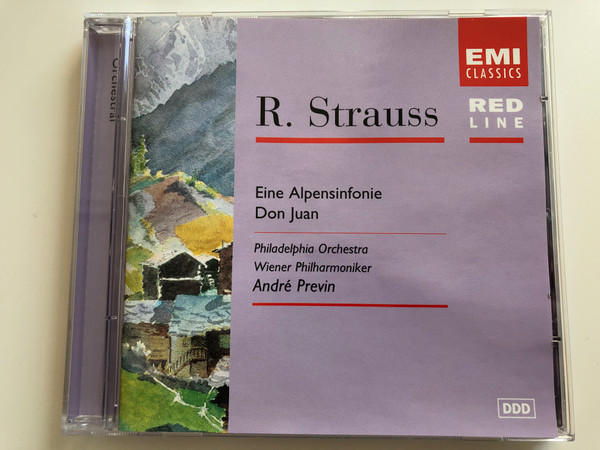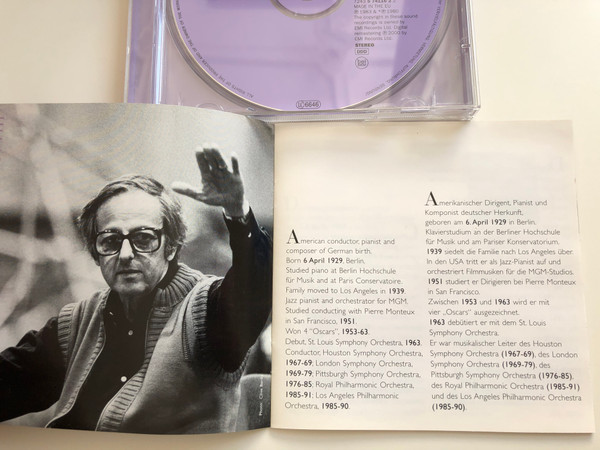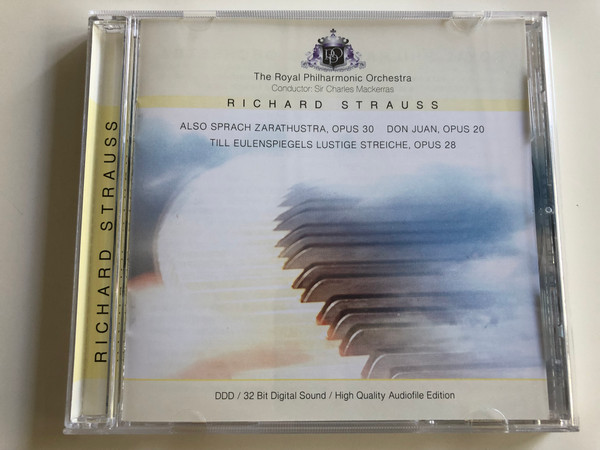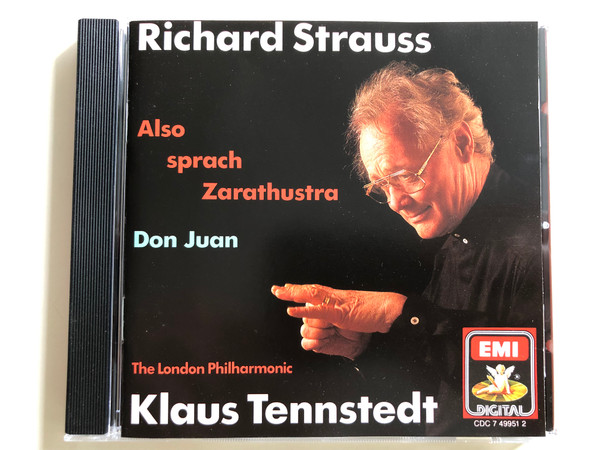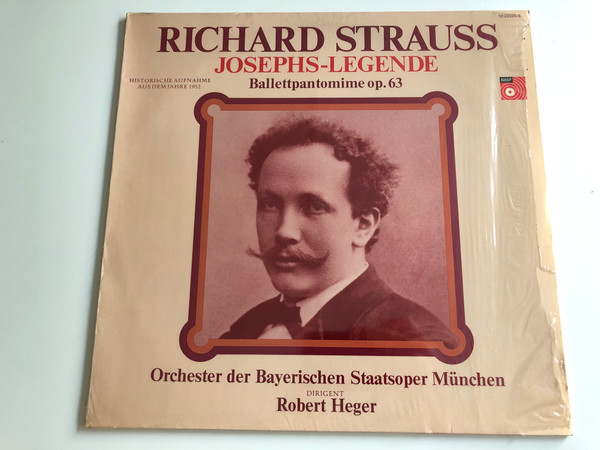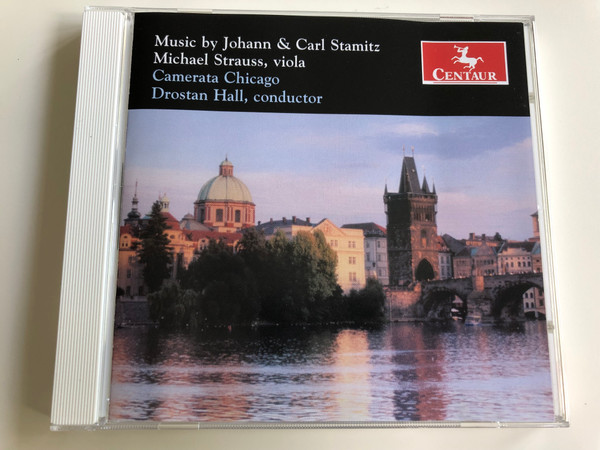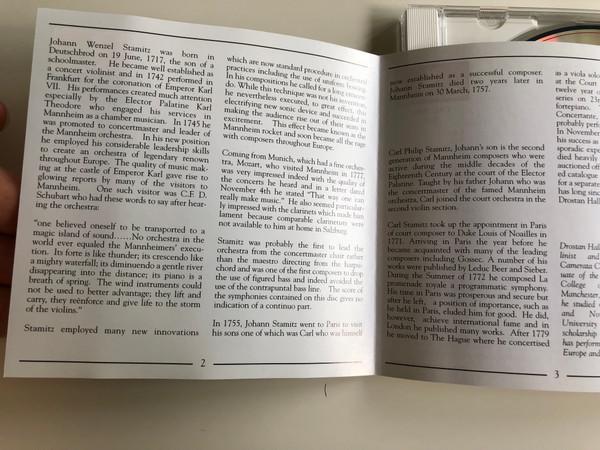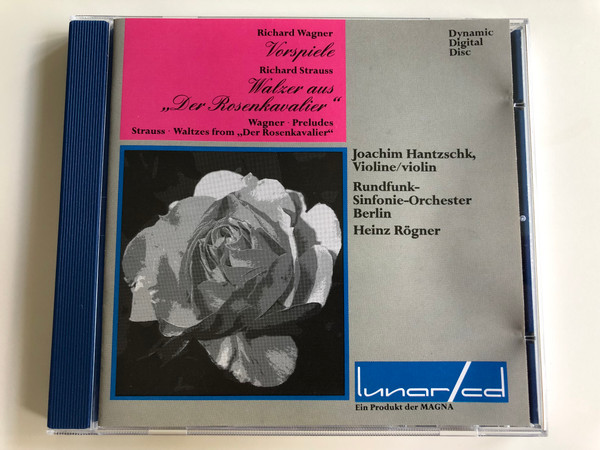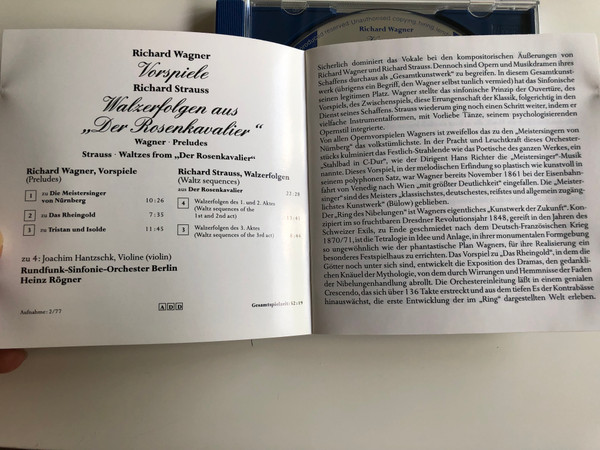Richard Strauss: The Master of Orchestral Brilliance and Operatic Drama
Introduction to Richard Strauss
Richard Georg Strauss (1864–1949) was a German composer, conductor, pianist, and violinist, celebrated for his symphonic tone poems and operas that pushed the boundaries of orchestration and harmony. A leading figure of late Romanticism and early Modernism, Strauss is often regarded as a successor to Wagner and Liszt, with an orchestral mastery that influenced generations of composers. His works, filled with rich harmonies, vivid storytelling, and dynamic orchestration, remain central to the concert and operatic repertoire.
Strauss’s Most Celebrated Works
Orchestral Tone Poems: A New Era of Symphonic Storytelling
Strauss revolutionized the symphonic poem, creating vivid musical narratives:
- Don Juan (1889) – A passionate and energetic tone poem that established his reputation.
- Also sprach Zarathustra (1896) – Featuring the iconic opening fanfare, later immortalized in 2001: A Space Odyssey.
- Ein Heldenleben (1898) – A bold, autobiographical work celebrating the hero’s journey.
- Till Eulenspiegel’s Merry Pranks (1895) – A lively and humorous musical depiction of the legendary trickster.
- An Alpine Symphony (1915) – A breathtaking orchestral journey through the grandeur of the Alps.
Operas: Drama, Emotion, and Innovation
Strauss’s operas feature some of the most complex and expressive vocal writing in history:
- Salome (1905) – A groundbreaking opera based on Oscar Wilde’s Salomé, famous for its intense drama and the infamous "Dance of the Seven Veils."
- Elektra (1909) – A psychological masterpiece with an aggressive and modern harmonic language.
- Der Rosenkavalier (1911) – A lush and elegant comic opera filled with Viennese waltz influences.
- Ariadne auf Naxos (1912, revised 1916) – A unique blend of comedy and mythological drama.
- Die Frau ohne Schatten (1919) – A fantastical opera filled with mystical symbolism.
Concertos and Late Masterpieces
Beyond orchestral and operatic works, Strauss also composed deeply expressive concertos and songs:
- Horn Concerto No. 1 (1883) & Horn Concerto No. 2 (1942) – Showcasing his deep connection to the horn, an instrument played by his father.
- Violin Concerto in D minor (1882) – A lyrical and virtuosic early work.
- Metamorphosen (1945) – A poignant string composition reflecting on the destruction of Germany during World War II.
- Four Last Songs (1948) – A deeply moving farewell to life, filled with serene beauty and introspection.
Strauss’s Enduring Legacy
Strauss’s music continues to be revered for its orchestral brilliance, operatic grandeur, and emotional depth. His influence shaped 20th-century film scores and modern orchestral writing, and his operas remain some of the most frequently performed worldwide.
